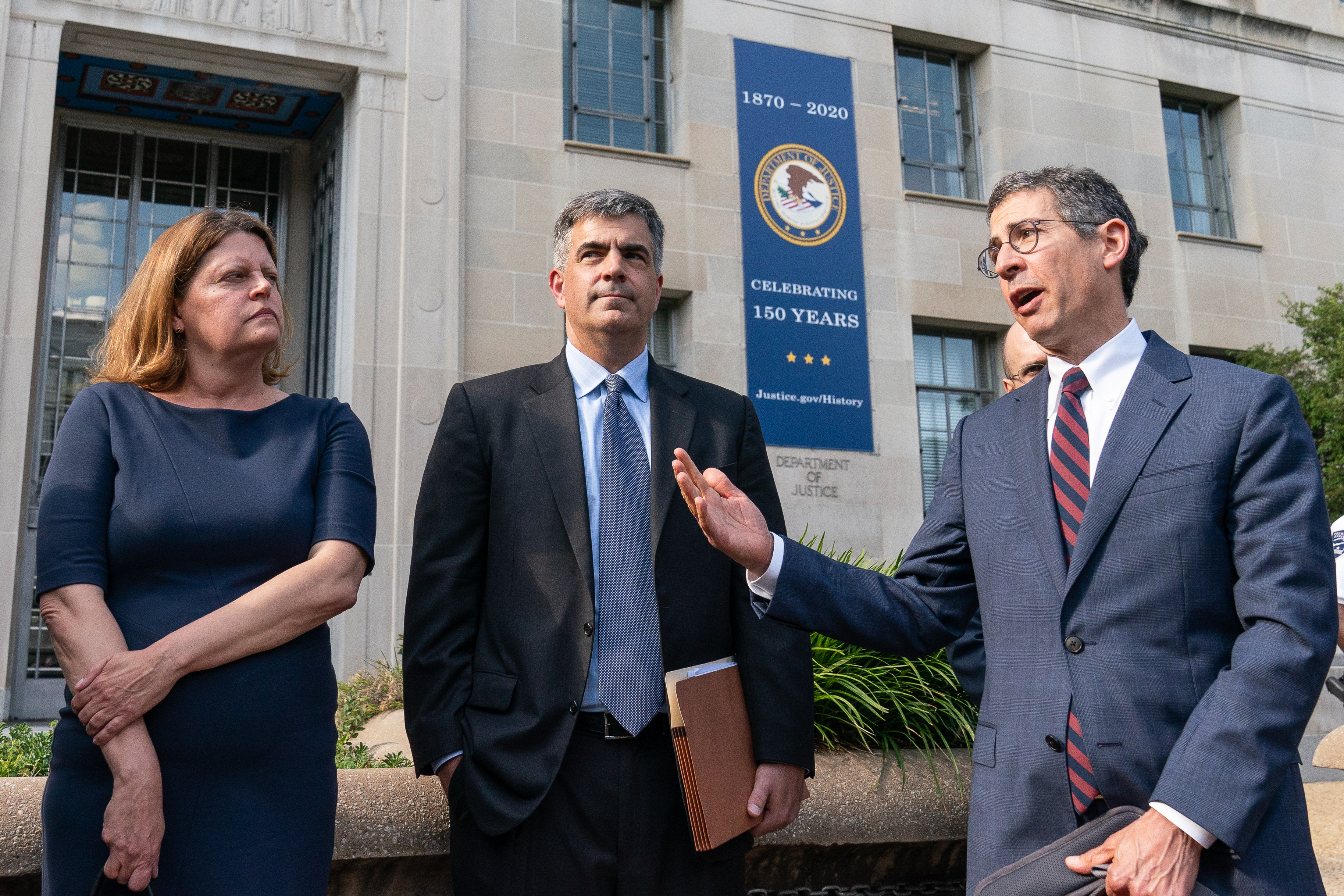New Justice Department policy marks ‘historic shift’ in press protection

Today, the U.S. Department of Justice announced changes to its news media guidelines that, for the first time, expressly prohibit members of the Department from using subpoenas or other investigative tools against journalists who possess and publish classified information obtained in newsgathering, with only narrow exceptions.
The Reporters Committee for Freedom of the Press worked with a coalition of news media representatives to meet with DOJ officials to advocate for strengthening the protections. The guidelines also bar efforts to seize records from, or of, journalists engaged in newsgathering more broadly, but the new limits on national security leak investigations are particularly notable.
“This is a watershed moment,” said Bruce D. Brown, executive director of the Reporters Committee for Freedom of the Press. “The new policy marks a historic shift in protecting the rights of news organizations reporting on stories of critical public importance.
“For the last several years we have worked with newsrooms to push for meaningful reform and are grateful to the Justice Department officials who saw this new rule over the finish line.”
For more on the significance of the new Justice Department regulations, read this CNN guest essay written by Brown and Gabe Rottman, director of RCFP’s Technology and Press Freedom Project.
The Reporters Committee regularly files friend-of-the-court briefs and its attorneys represent journalists and news organizations pro bono in court cases that involve First Amendment freedoms, the newsgathering rights of journalists and access to public information. Stay up-to-date on our work by signing up for our monthly newsletter and following us on Twitter or Instagram.